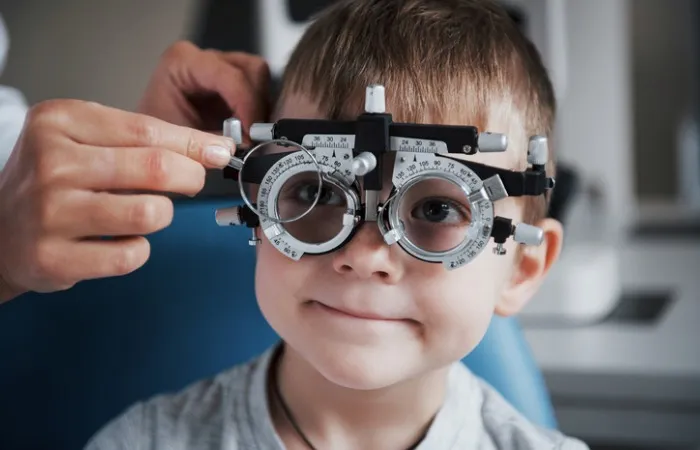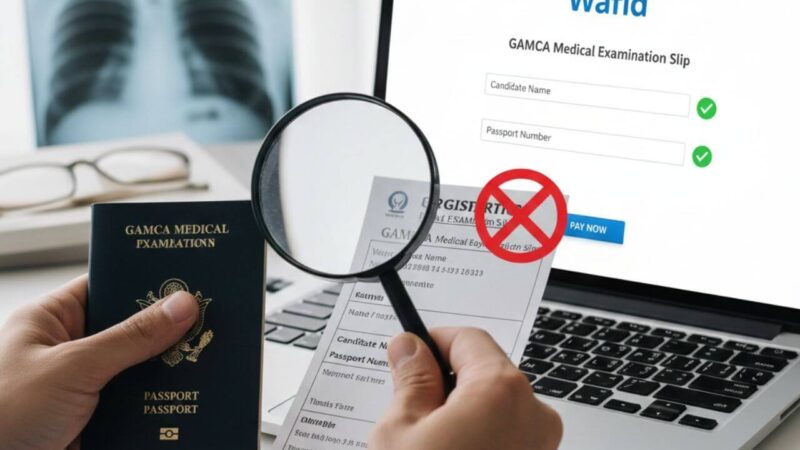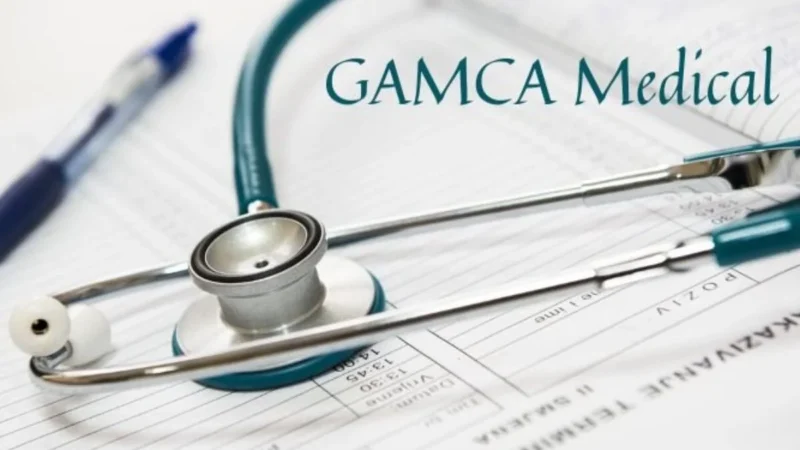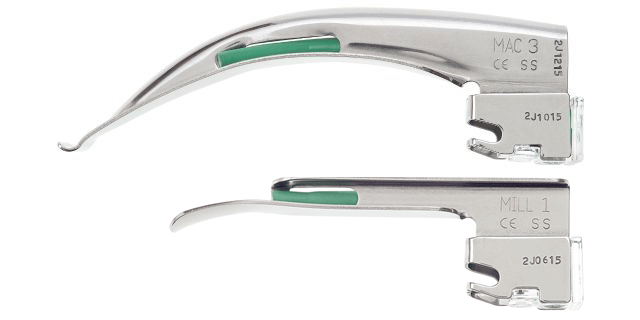What to Expect During an Eye Exam in Guelph

Eye exams are a fundamental part of maintaining good vision and overall eye health. For many Guelph residents, understanding what to expect during an eye exam can alleviate anxiety and ensure a smooth, informative experience. This blog provides a detailed overview of the eye exam process, helping you feel prepared and confident for your next visit.
Scheduling Your Eye Exam
The first step in the eye exam process is scheduling an appointment with a licensed optometrist in Guelph. It’s recommended to have an eye exam every one to two years, depending on your age, risk factors, and any existing eye conditions. Once you’ve scheduled your appointment, make a note of any vision changes or symptoms you’ve experienced, as well as your medical history, to discuss with your optometrist.
Initial Consultation
Upon arrival at the optometrist’s office, you’ll begin with an initial consultation. This involves discussing your medical history, current medications, and any vision problems you’ve noticed. It’s important to be open and honest, as this information helps the optometrist tailor the exam to your specific needs. If you wear glasses or contact lenses, bring them along to your appointment.
Visual Acuity Test
The first test performed during an eye exam is usually the visual acuity test. This test measures how clearly you can see at various distances. You’ll be asked to read letters or numbers on an eye chart, starting with larger characters and progressing to smaller ones. This helps determine if you need corrective lenses and establishes a baseline for your vision.
Refraction Assessment
Next, the optometrist will conduct a refraction assessment to determine your exact prescription. This involves using a phoropter, a device that contains different lenses. You’ll look through the phoropter and provide feedback on which lenses make the vision chart appear clearer. This process helps the optometrist identify any refractive errors, such as nearsightedness, farsightedness, or astigmatism.
Binocular Vision Test
Binocular vision testing evaluates how well your eyes work together. The optometrist will assess your eye alignment, depth perception, and the ability to focus on objects at different distances. This test is particularly important for identifying issues such as strabismus (crossed eyes) and amblyopia (lazy eye), which can affect both children and adults.
Eye Health Evaluation
A comprehensive eye health evaluation is a critical part of the eye exam. The optometrist will examine both the internal and external structures of your eyes. This includes using a slit lamp to inspect the front part of the eye, including the cornea, iris, and lens. They will also perform a dilated eye exam, where special drops are used to widen your pupils, allowing for a thorough examination of the retina and optic nerve.
Tonometry Test
Tonometry is a test used to measure the pressure inside your eyes, known as intraocular pressure (IOP). High IOP can be an indicator of glaucoma, a serious eye condition that can lead to vision loss if untreated. The most common method is the non-contact tonometry test, where a puff of air is directed at your eye. Alternatively, the optometrist may use a more precise method involving numbing drops and a small probe.
Additional Tests
Depending on your age, risk factors, and symptoms, the optometrist may perform additional tests. These can include visual field testing, which checks for peripheral vision loss, and optical coherence tomography (OCT), which provides detailed images of the retina’s layers. These advanced tests help detect conditions such as macular degeneration and diabetic retinopathy at an early stage.
Discussing Results and Recommendations
Once all the tests are complete, the optometrist will discuss the results with you. They’ll explain any findings, answer your questions, and provide recommendations for vision correction or treatment. If you need glasses or contact lenses, you’ll receive a prescription. The optometrist may also suggest lifestyle changes, such as reducing screen time or using protective eyewear, to maintain eye health.
Follow-Up and Future Appointments
Finally, the optometrist will advise you on when to schedule your next eye exam. Regular follow-up appointments are essential for monitoring changes in your vision and eye health. If any treatment or further evaluation is needed, the optometrist will provide guidance on the next steps.
In conclusion, understanding what to expect during an eye exam in Guelph can help you feel more comfortable and prepared for your appointment. By scheduling regular eye exams and following your optometrist’s recommendations, you can ensure optimal eye health and enjoy clear vision for years to come. Don’t hesitate—book your eye exam today and take a proactive step towards preserving your eyesight.





